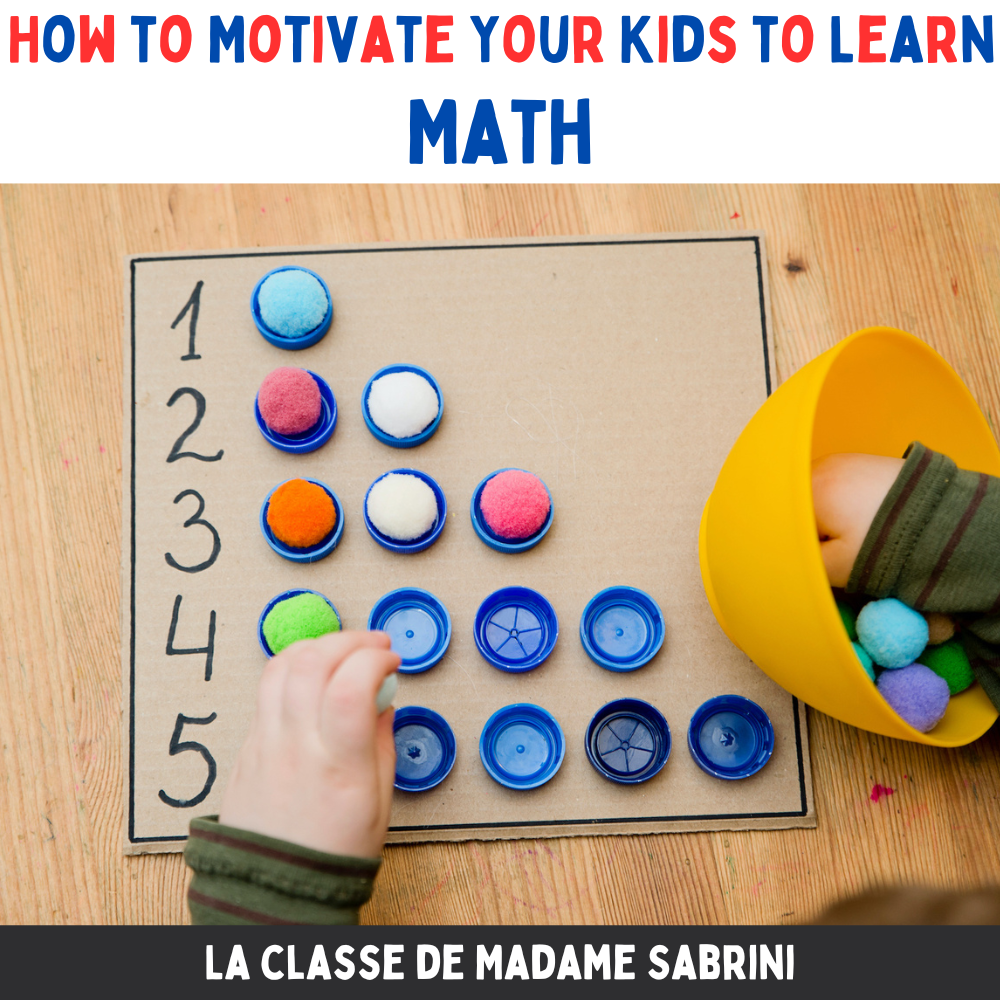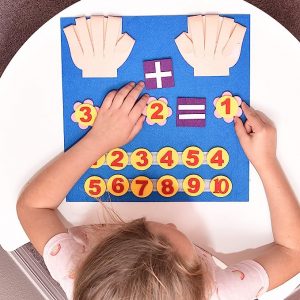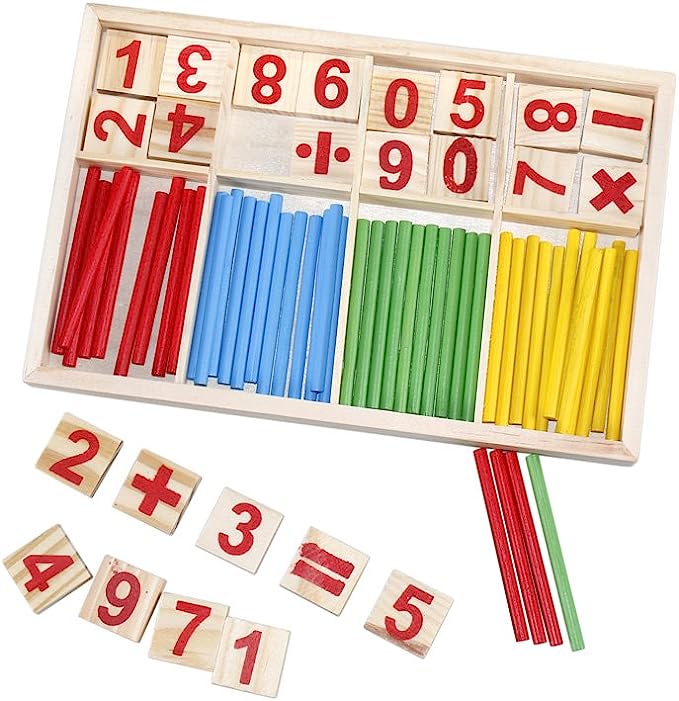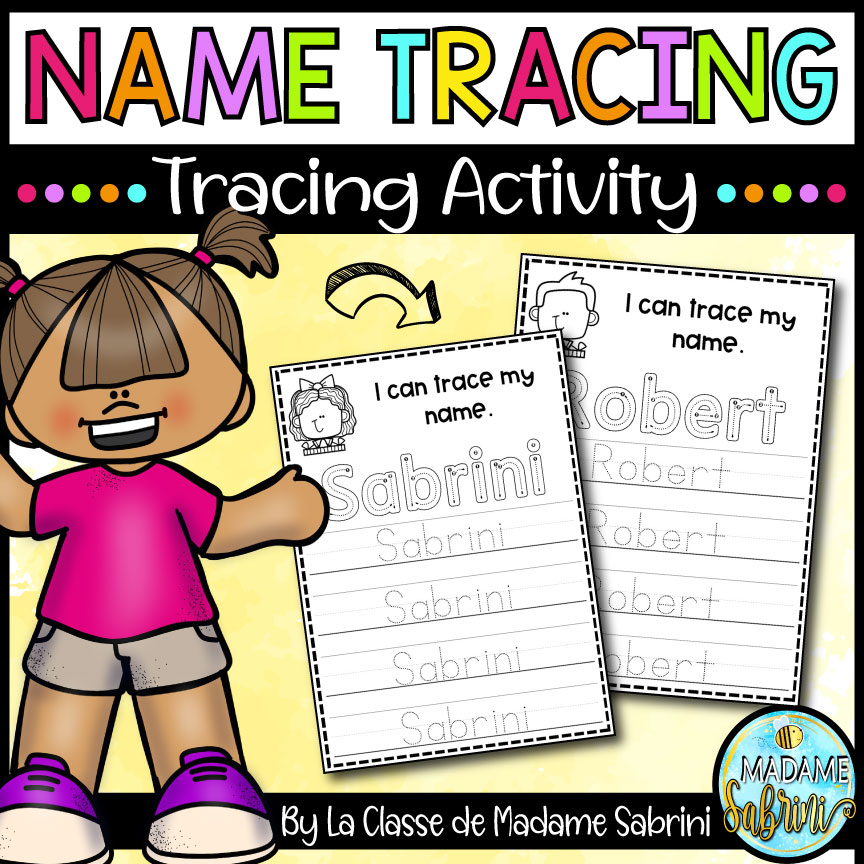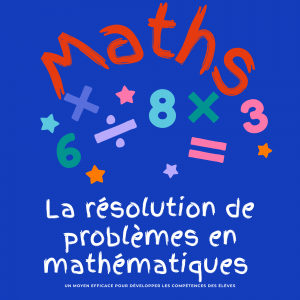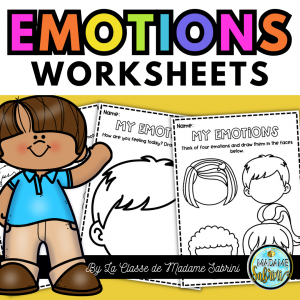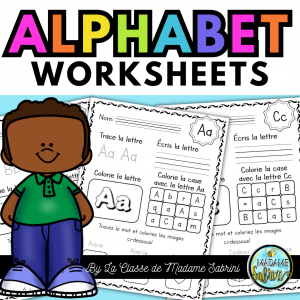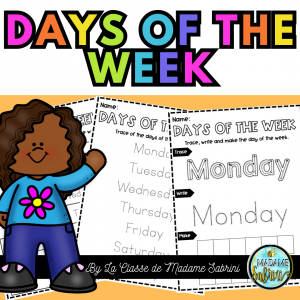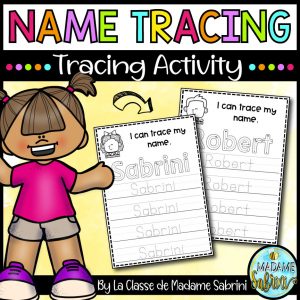This post may contain affiliate links which means I may receive a commission for purchases made through links. I will only recommend products that I have personally used! Learn more on my Private Policy page.
Learning math can be a challenge for kids of all ages. It can be difficult to motivate children to focus on their math skills, especially when there are so many other activities that can capture their attention. Fortunately, there are plenty of creative and engaging ways to help your kids develop a love for math and build the necessary skills they need. In this blog post, we will discuss some helpful strategies for motivating your kids to learn math.
Why is math important for kids?
Mathematics is a fundamental skill that every child needs to learn and master. From counting and basic arithmetic to more complex problem-solving skills, math plays a crucial role in daily life. Here are some reasons why math is so important for kids:
1. Helps with cognitive development: Learning math involves developing critical thinking, analytical, and problem-solving skills that can be applied in many areas of life.
2. Enhances decision-making: The ability to make informed decisions is critical for success in life, and math provides a framework for rational decision-making.
3. Provides a foundation for STEM fields: Science, technology, engineering, and mathematics (STEM) fields rely heavily on math. Developing strong math skills from an early age can open up doors to exciting careers in these areas.
4. Builds confidence: Mastery of math concepts can boost children’s self-esteem and give them a sense of accomplishment that can be carried forward into other areas of life.
5. Improves communication: Math is a universal language that transcends borders and cultures. Children who learn math well can better communicate their ideas and thoughts, no matter where they are in the world.
It’s crucial for parents and teachers to work together to ensure that children are exposed to and encouraged to learn math at an early age. With the right motivation and resources, kids can master math and unlock a world of possibilities.
Common challenges kids face when learning math
Learning math can be challenging for kids. Many factors can contribute to this, but some common challenges include:
1. Difficulty with basic math skills – Some children may struggle with basic math concepts like addition, subtraction, multiplication, and division.
2. Lack of interest – Math can seem dry and uninteresting to some kids, which can make it difficult for them to engage with the subject.
3. Lack of confidence – Children who lack confidence in their math abilities may feel intimidated by math problems and may be hesitant to ask for help from teachers or parents.
4. Fear of failure – Many children may fear that they will fail at math, which can create anxiety and make it harder for them to focus on learning.
5. Learning differences – Children with learning differences, such as dyslexia or ADHD, may have a harder time learning math.
Teachers can help address some of these challenges by creating a supportive and engaging learning environment and offering additional support to students who need it. Parents can also play a role in helping their kids overcome these challenges by encouraging a positive attitude towards math, offering support and guidance when needed, and finding creative ways to make math fun and interesting.
Tips for parents to motivate their kids to learn math
Mathematics is a fundamental subject that children need to excel in for their future. However, not all kids have the motivation to learn math. If you are a parent, you have the power to ignite your child’s interest in math. Here are some tips that you can use to motivate your kids to learn math:
1. Show them the relevance of math in everyday life: Children tend to learn more effectively when they understand how a subject applies to their lives. You can use real-life examples to help them understand the importance of math in things like money management, cooking, and measuring.
2. Praise and encourage your child’s efforts: Children thrive on encouragement and positive reinforcement. Praise them for their efforts in solving math problems, even if they get the answer wrong. Encouraging them to keep trying will increase their confidence in the subject.
3. Set achievable goals: Setting achievable goals helps your child focus on what they want to achieve. The goals should be realistic, measurable, and attainable. This will help them stay motivated as they work towards their targets.
4. Use fun math games: Math games can help children understand concepts and retain knowledge better than just studying from a textbook. Use games like puzzles, quizzes, and board games to make learning math fun and engaging.
5. Provide support: Children need to feel supported when learning math. As a parent, you can offer support by helping them with homework, attending parent-teacher conferences, or hiring a tutor to help them grasp challenging concepts.
By following these tips, you can help your child overcome any challenges they face when learning math. Remember to be patient and supportive throughout their journey, and most importantly, make learning math enjoyable for them.
Fun ways to incorporate math into everyday activities
Kids learn best when they are having fun and are engaged in the learning process. Here are some fun and simple ways to incorporate math into everyday activities:
1. Cooking: Involve your kids in measuring ingredients and calculating cooking times. For example, if a recipe calls for 1/2 cup of flour and you need to double the recipe, ask your child how much flour you will need.
2. Grocery Shopping: Turn grocery shopping into a math lesson by asking your child to compare prices and calculate the cost per unit. For example, if one item costs $3.00 for 12 ounces and another costs $4.50 for 18 ounces, which is the better deal?
3. Counting Games: Make counting fun by incorporating it into games. Count how many steps you take to get to the car or how many red cars you see on the way to the store.
4. Sports: Encourage your child to keep score while playing sports or games. This will help them practice addition and subtraction.
5. Money Matters: Allow your child to count money and calculate change when paying for items at the store. You can also create a budget and allow your child to track expenses and savings.
By incorporating math into everyday activities, you can help your child develop a positive attitude towards math and make it a part of their daily routine.
Useful resources for learning math online
In today’s digital age, the internet has become an indispensable tool for learning math. Here are some useful online resources that parents can use to help their kids develop math skills:
1. Khan Academy: Khan Academy is a free online resource that offers math lessons on various topics. With video lessons and interactive exercises, this platform provides a comprehensive approach to learning math.
2. Mathletics: is an online learning platform that provides personalized math lessons to kids of all ages. With interactive activities and games, Mathletics makes learning math fun and engaging.
3. Cool Math: Cool Math is a website that offers math games and activities for kids of all ages. With fun and interactive games, this platform provides a unique way to help kids develop math skills. Prodigy is an online learning game that helps kids develop math skills through interactive gameplay. With customizable lessons and activities, Prodigy offers a fun and engaging way for kids to learn math.
4.Mathway: is an online calculator that helps kids solve complex math problems. With step-by-step solutions and explanations, Mathway provides a valuable resource for kids who need help with math homework.
By using these online resources, parents can provide their kids with a fun and engaging way to learn math. With the right tools and resources, kids can develop math skills that will benefit them for years to come.
If you want to learn more about creative and engaging ways to help your kids develop a love for math , click here now.

